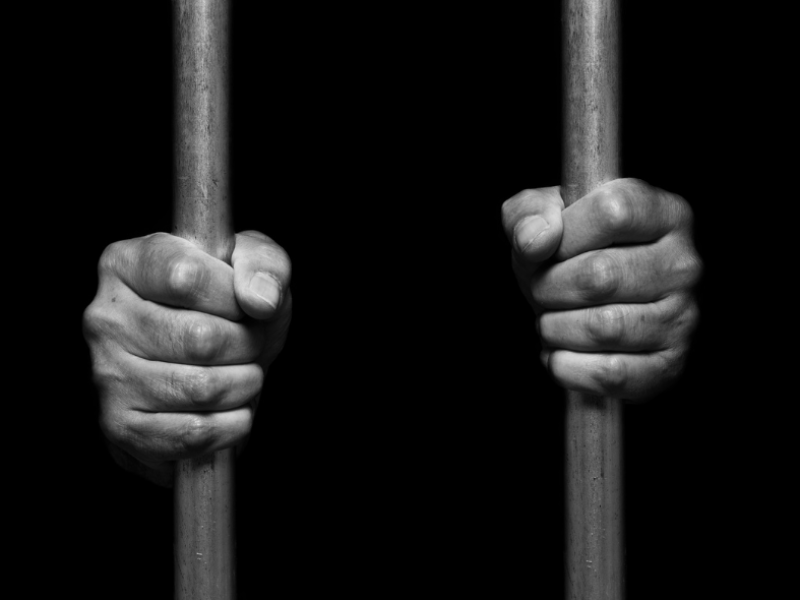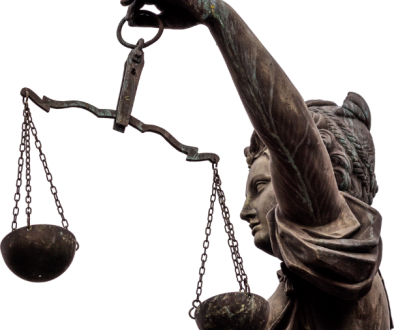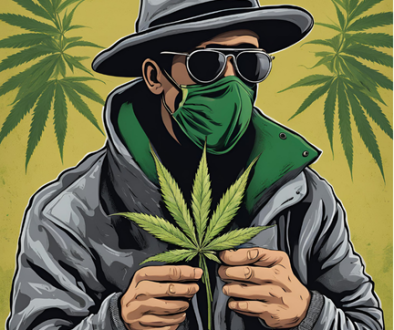A Call for Reform:
The Staggering Number of Incarcerations for Cannabis Possession in the United States
Introduction
Cannabis, also known as marijuana, has been a controversial substance in the United States for decades. Despite ongoing debates about its legality and potential health implications, the War on Drugs has resulted in the incarceration of a substantial number of individuals for the simple possession of cannabis. This post sheds light on the current statistics regarding cannabis-related incarcerations and to discuss the social, economic, and legal ramifications of such policies.
The Scale of Incarceration for Cannabis Possession
According to the American Civil Liberties Union (ACLU), approximately 40,000 people are incarcerated in the United States for cannabis-related offenses, with the majority of these cases involving simple possession. This figure does not include those who are serving probation or parole sentences for such offenses, which significantly increases the total number of individuals affected by cannabis laws. In 2018, FBI data showed that over 600,000 people were arrested for marijuana possession, accounting for more than half of all drug arrests.
Racial Disparities in Cannabis Arrests
One of the most alarming aspects of cannabis incarceration is the stark racial disparity that exists. Despite similar rates of marijuana use among white and black populations, black individuals are nearly four times more likely to be arrested for cannabis possession. This disproportionate enforcement has led to the mass incarceration of people of color, contributing to the over-representation of racial minorities in the American prison system. The ACLU reports that in some states, such as Montana and Kentucky, the disparity is as high as ten to one.
The Impact of Incarceration on Communities
The incarceration of individuals for cannabis possession has far-reaching effects on communities. Families are torn apart, children are left without parents, and those released from prison often face lifelong barriers to employment, housing, and education. This cycle of poverty and despair can be perpetuated, leading to a breakdown in social structures and an increased burden on taxpayers who fund the corrections system. Moreover, the cost of incarceration is substantial; it is estimated that the U.S. spends over $3.6 billion annually to enforce marijuana laws.
The Legal Landscape of Cannabis
While the federal government continues to classify cannabis as a Schedule I substance, meaning it has a high potential for abuse and no accepted medical use, many states have taken a different approach. As of 2021, 15 states have legalized marijuana for recreational use, and 36 states have legalized it for medical purposes. Despite these changes, the conflict between state and federal laws creates confusion and complications for those caught in the crosshairs of the legal system.
The Economic Argument for Decriminalization
The economic cost of incarcerating individuals for cannabis possession is substantial. In 2010, the ACLU estimated that the U.S. could save $13.7 billion annually by legalizing and taxing marijuana. This money could be redirected towards education, healthcare, and other social programs that are often underfunded. Moreover, the cannabis industry has shown significant growth potential, creating jobs and generating tax revenue in states where it has been legalized.
The Social Argument for Decriminalization
Beyond the economic implications, there is a growing consensus that the war on drugs has failed in its goal of reducing drug use and addiction. Instead, it has led to the over-criminalization of a substance that is increasingly recognized for its medicinal benefits and is less harmful than alcohol and tobacco, both of which are legal. Decriminalization would allow law enforcement to focus on more serious crimes, reduce the burden on the judicial system, and help to repair the damage done to communities disproportionately affected by the war on drugs.
Conclusion
The number of people incarcerated for cannabis possession in the United States is a testament to the failure of current drug policies. The disproportionate impact on communities of color is unjust and unsustainable. As public opinion shifts towards legalization and decriminalization, it is essential for policymakers to consider the evidence and implement reforms that prioritize justice, equity, and public health. It is time to reassess our approach to cannabis and move towards a system that does not punish individuals for a substance that is increasingly accepted as a legitimate form of treatment and recreation.



